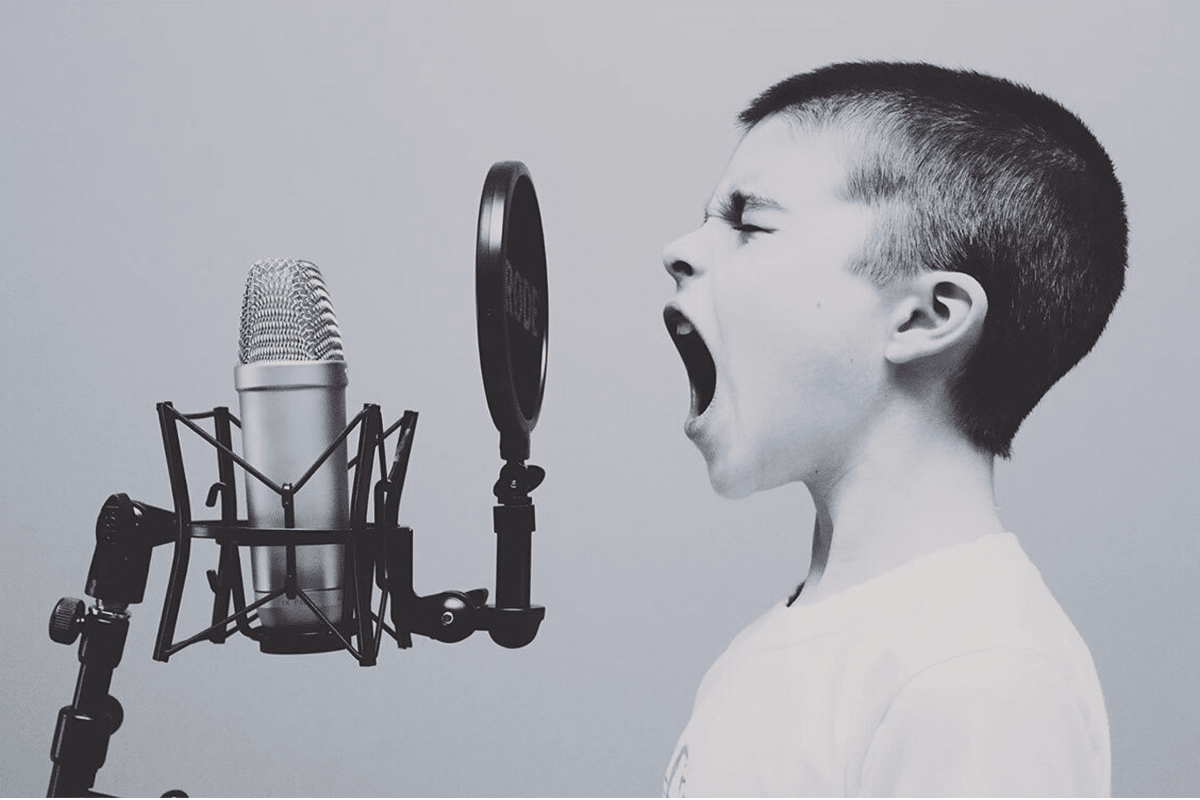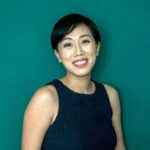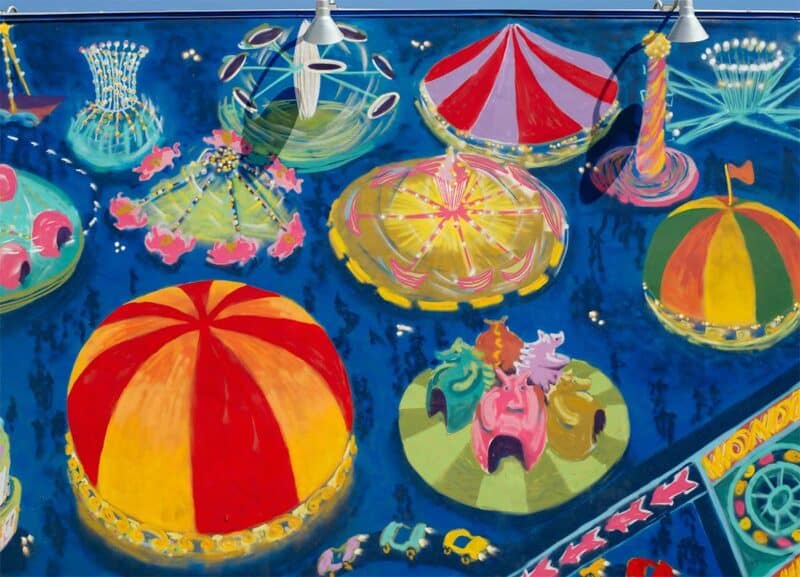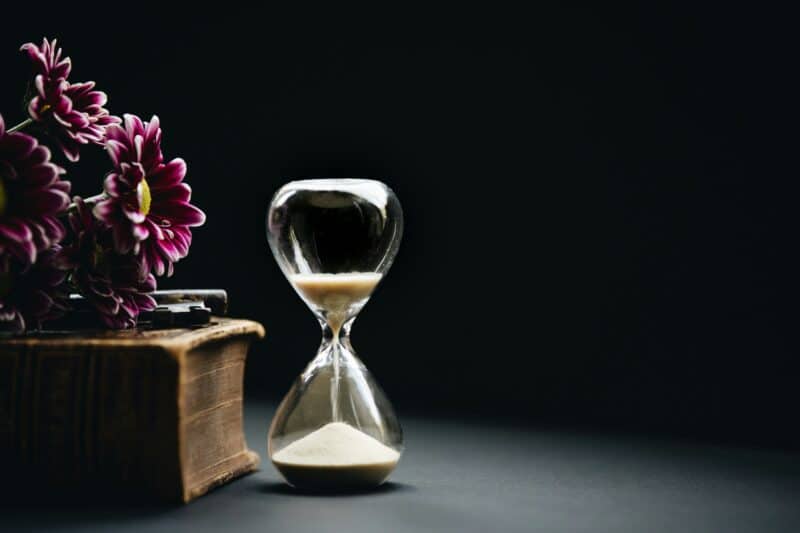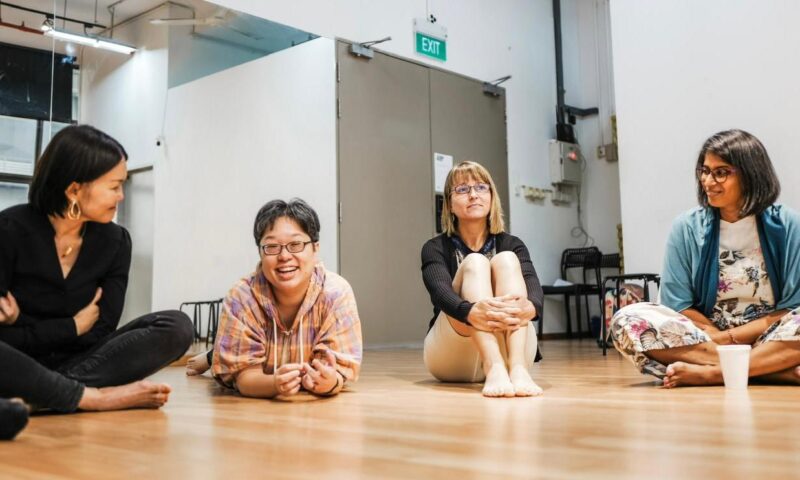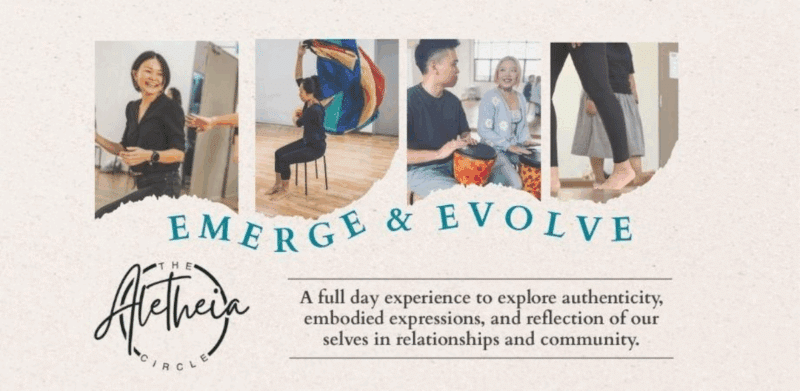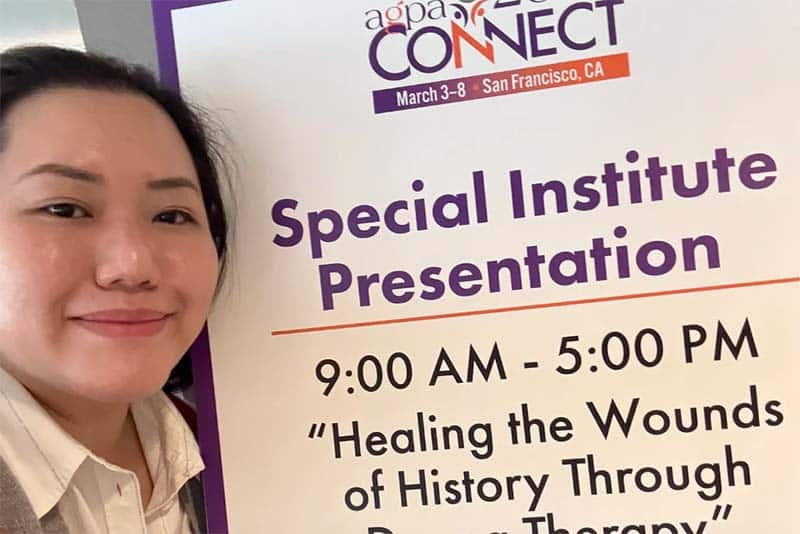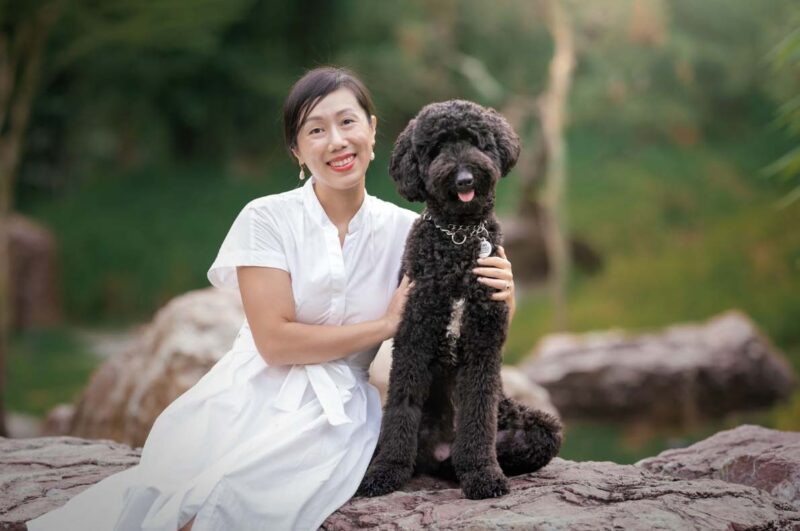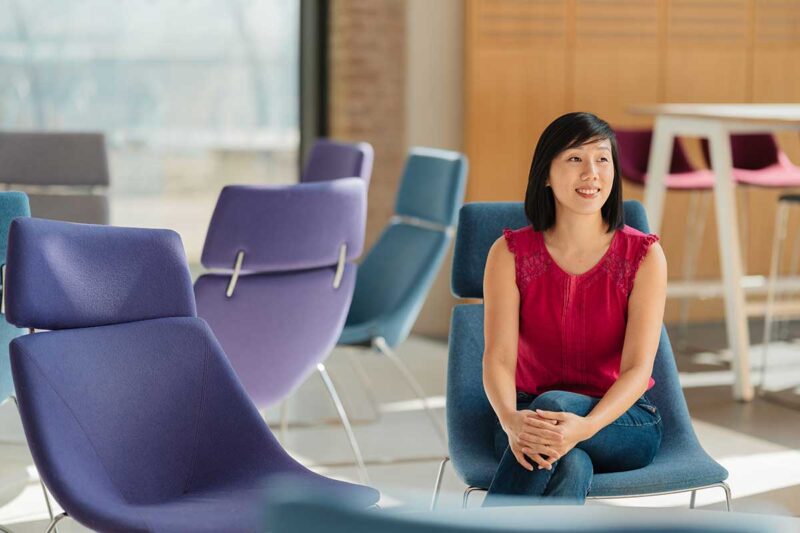I’m so glad this CNA commentary came up. It says something about our voices.
As we find our voices as Asians, we also need to think about taking responsibility for our voices. Rightfully pointed out by Jonathan Kuek, there is “a fine line between trolling and calling someone out.”
Existentialism challenges us to confront the responsibility inherent in our communication, especially concerning marginalised communities. It urges us to recognise the power dynamics at play in our words and interactions.
Language isn’t just a tool for expression but a means of either reinforcing oppressive structures or dismantling them.
When we engage in discourse, we are not just exchanging words but also shaping our shared reality.
Responsible communication, in an existential sense, acknowledges the weight of our words in creating meaning and influencing the world around us.
It is about recognising our agency in shaping conversations and relationships, and understanding that our words can either foster understanding, connection, and growth or sow discord, misunderstanding, and division.
Existential responsibility in communication invites us to engage thoughtfully, understanding that our words are not just isolated expressions but have a collective impact on the fabric of our interconnected existence.
It is easy to make a commentary on this because what the hecklers have done is obviously trolling. But what about the more subtle actions in our own lives?
This article reminds me of a speech by Dian Handayani at the National Conference 2023. She said,
“As therapists, we should ask ourselves how we could be oppressing our own clients unknowingly in our work.”
Taking this reflection further, I would ask—how then are we, as family, friends, colleagues, and even just citizens, unknowingly oppressing others in our lives?
About the Author
Hi, I'm Mag: a UKCP-accredited counselling psychologist and founder of Singapore’s first ever existential practice. My care philosophy is not to diagnose, label, or categorise but rather to work with the individual in front of me in the here and now.
My clinical credentials certainly play a significant role in defining my professional identity. But to foster a deeper connection and authenticity, I invite you to discover my other “Selves”, the various facets of who I am.

